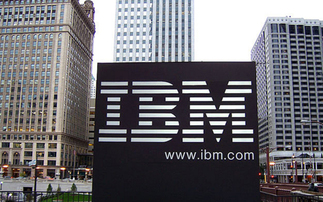Google will benefit from acquiring Sparrow, Mozilla can't succeed with new OS, says analyst
The battle to own the mobile browser is intensifying as key competitors acquire new systems, and launch new software. Google has acquired Sparrow, an iOS and Mac OS X email application, for a re...
To continue reading this article...
Join Computing
- Unlimited access to real-time news, analysis and opinion from the technology industry
- Receive important and breaking news in our daily newsletter
- Be the first to hear about our events and awards programmes
- Join live member only interviews with IT leaders at the ‘IT Lounge’; your chance to ask your burning tech questions and have them answered
- Access to the Computing Delta hub providing market intelligence and research
- Receive our members-only newsletter with exclusive opinion pieces from senior IT Leaders




















